This semester, the Georgetown Institute of Politics and Public Service is ushering in a new class of Political Fellows. The five new Fellows, with careers politics and public service, are expected to engage with students through their individual discussion groups and work with student strategy teams to explore new solutions to political issues. The Fellows are also expected to hold office hours on campus. This year’s Political Fellows are Alvin Brown, Laura Chinchilla, Patrick Dillon, Jackie Kucinich, and Katie Packer.
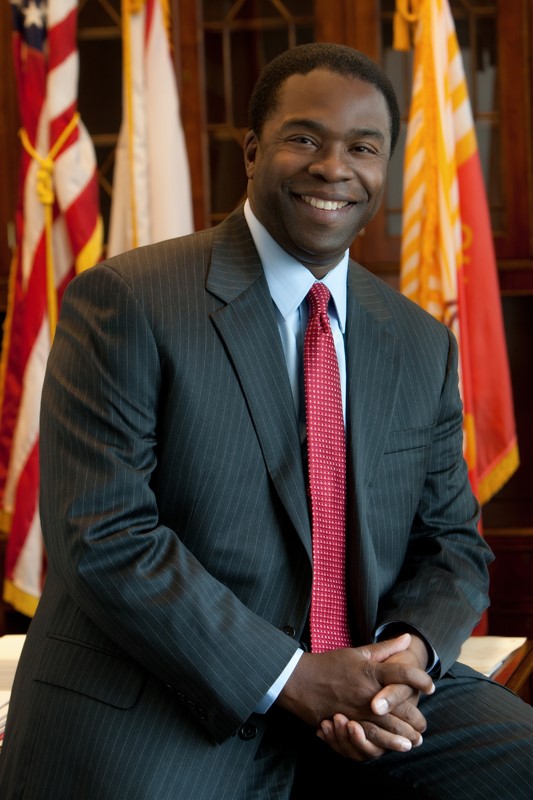
Alvin Brown / Photo: Institute of Politics and Public Service
Alvin Brown:
Alvin Brown is the former Democratic mayor of Jacksonville, Florida, where he served as the first African-American mayor of the city. Additionally, he served as an advisor on Urban Policy and domestic issues in the Clinton White House. “I see this as a great opportunity for me to share what I’ve learned being mayor of a great city,” said Brown.
Brown’s discussion group will focus on city politics. “I think that coming from outside the beltway and sharing the successes and struggles of a 21st century mayor, [we’ll be] talking about what it takes to lead, which I think will be very relevant. … Faith in the public square, what does that mean? And the role faith plays in an elected official’s life,” he said.
He expects the learning through the program will be mutual. “Listening to them, and then learning from them, I think it’s going to help me but also help them,” he said.
Brown hopes his work with students encourages them to go into public service. “I hope that I will get at least one mayor,” he said. “My goal is to get them engaged, get the experience here in Washington and go back home and re-engage…They’re going to have to make the tough decisions one day.”
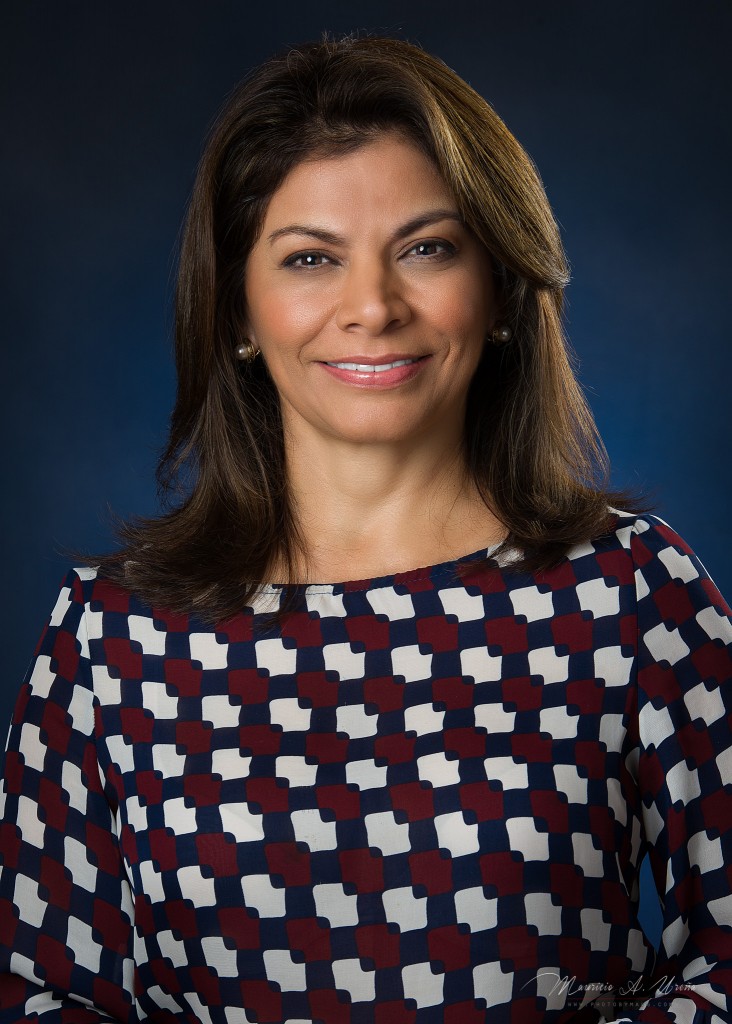
Laura Chinchilla / Photo: Georgetown Institute of Politics and Public Service
Laura Chinchilla:
Laura Chinchilla (MPP ’89) comes to Georgetown after a career in politics, which includes her tenure as the President of Costa Rica from 2010 to 2014. President Chinchilla received a Master’s degree in Public Policy from the McCourt School and said she was very honored to come back. She discussed her decision to become a Fellow as a choice to give back to young people. ”Young people are feeling very disaffected about politics,” said President Chinchilla, “I think it is our obligation, our duty, to try to answer any of the questions they may have.”
Her discussion group will focus on the Hispanic vote and the Latin American agenda in the context of the US Presidential election. She hopes her discussion group will give students “a view on the importance of the relationship between Latin America and the United States, on the specific topic of immigration, but also trade and investment and security,” she said. “Those issues are not only controversial issues but also have to do with domestic policies in the United States.”
President Chinchilla hopes that as the only international Fellow, she can bring a unique perspective to the election. “The United States election is not only a very important event for the American people,” she said. “You are a very special nation for the immense impact you have on other nation’s issues. It is very interesting to understand what is at stake from the point of view of a foreigner,” she said.
President Chinchilla suspects her student strategy team will be very important in achieving the goals of the program. “I think they are going to be critical to the success of this experience,” she said. “I expect from them a lot of content and very substantive inputs. … To me, it’s like having a small cabinet to compare with a government.”
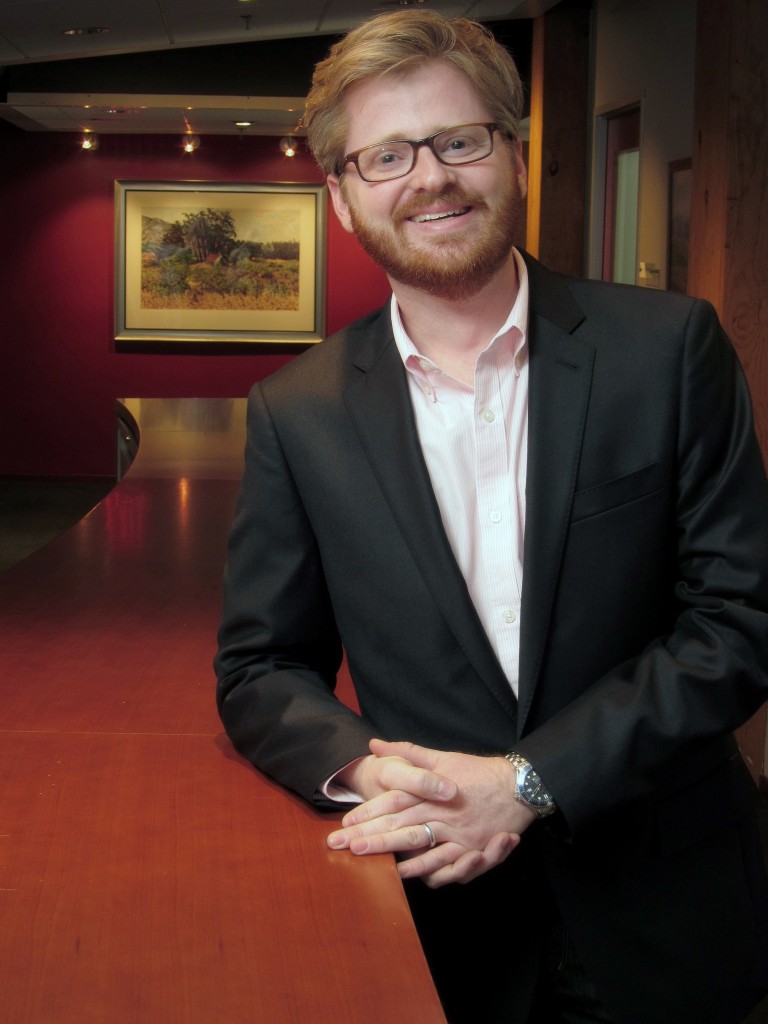
Patrick Dillon / Photo: Georgetown Institute of Politics and Public Service
Patrick Dillon:
Patrick Dillon (COL ’99) served as Deputy Director of Political Affairs and Special Assistant to the President under President Obama and as Chief of Staff for Iowa governor Chet Culver. He is currently a Partner at Hilltop Public Solutions, a Washington political consulting firm.
And before all that, he was a Georgetown grad. His history with the university contributed to his decision to take up the invitation to become a Fellow. “I believe really strongly in the power of what Georgetown can do for students’ lives in the world that they go out in from here, because it was so meaningful for me,” said Dillon, “So I think this was a uniquely appealing opportunity for me to be able to come home to Georgetown and to help share what I’ve learned in a lifetime in politics, that hopefully the next generation can help inform with their own public service from here.”
“My discussion group is going to focus on the politics of how policy gets made, or doesn’t get made, as the case may be,” said Dillon, “Big consequential things that affect how people’s lives are lived are constrained by, opened up by what happens in politics.”
Dillon hopes the students he works with will find their way into some sort of public service. “I think it’s an obligation that all of us, and especially at an institution like Georgetown, to find your place and the way you give back to society,” he said. Additionally, Dillon believes experience in politics can be of use outside the political arena. “I actually think it’s an incredible experience and a window on how the world works and how to work with other people and in a high-pressure, intense environment, how to pull together as a team around common goal,” he said.
He also hopes that students work in politics for the good of democratic institutions. “The more people involved in politics at any point is better because it means better distribution of power and a more just distribution of engagement in our democracy,” he said.
“One of the hopes I have talking to students is, well frankly there are just too many people in politics who look and sound like me,” said Dillon, a white man. “And I hope as we look at what our country looks like and its position in the world, there are more people that look and sound different and bring their own contributions to that conversation.”

Jackie Kucinich / Photo: Georgetown Institute of Politics and Public Service
Jackie Kucinich:
Jackie Kucinich, Senior Politics Editor at the Daily Beast, became a Fellow to see the 2016 election through the eyes of young people. “At the Beast, most of our readers are millennials. And so, the idea to be able to work with millennials during this campaign was too much to pass up….there are so many ideas that I’m not exposed to every single day,” she said.
Kucinich’s discussion group will follow the Democratic and Republican primary elections. “We’ll talk a little bit about what makes primary voters tick,” she said, “Why are they voting for who they’re voting for? And when they’re speaking, why are they speaking about certain things? And part of that will be about the culture wars. Some of the issues that are so volatile, people will actually go to the polls and vote on that issue.”
Kucinich says the course she takes with her student strategy team will depend on the needs and wants of the students involved. “It will depend on the individuals,” she said.
Ultimately, she hopes some of them will find their way into political writing. “I want everyone to go be a journalist. It’s the best job in the world,” she said.
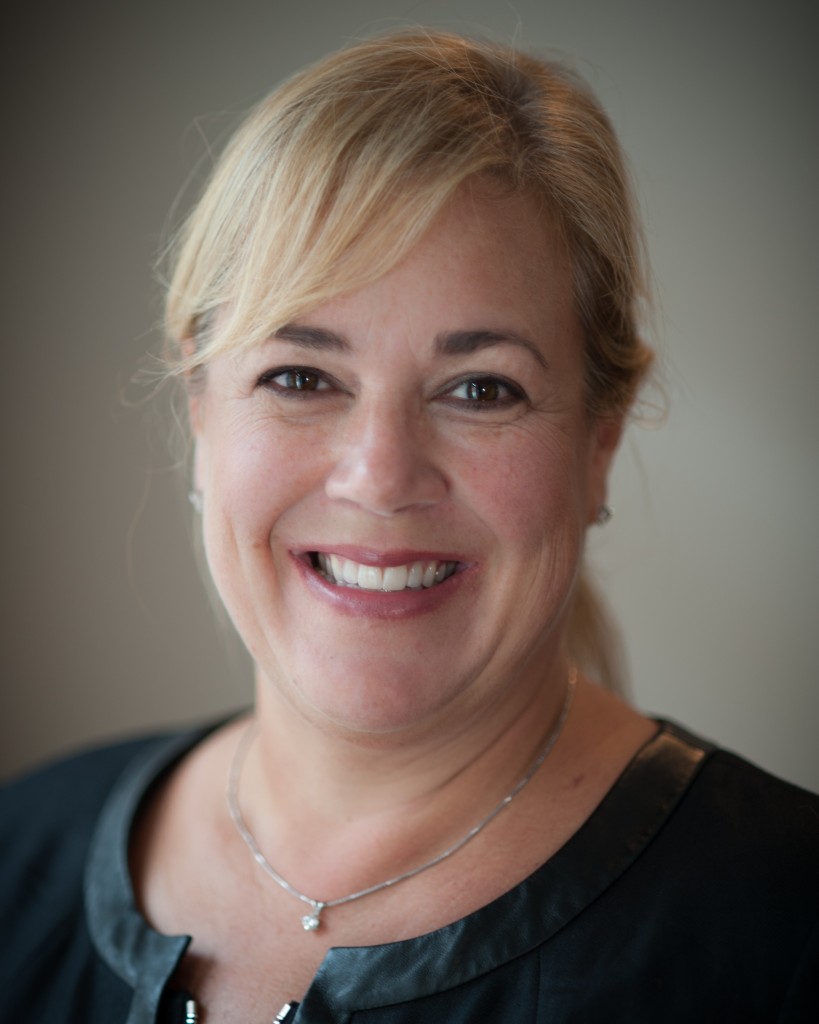
Katie Packer / Photo: Georgetown Institute of Politics and Public Service
Kate Packer:
Katie Packer has spent the last twenty-five years involved in political campaigns, including serving as the Deputy campaign manager for the Romney-Ryan presidential ticket in 2012. A few years ago, she began teaching at George Washington University as their graduate manager for political management, but is excited to work with a group that includes undergraduate students.
Her discussion group, The Force of Women in the Political Arena, was partially inspired by her work on the Romney campaign, where the ticket encountered aggressive debate when it came to women’s issues. “I’ve really become very intensely focused on communicating with women and tapping into what women care about and have become intrigued by the intense focus on reproductive issues within the context of women in politics. When you look back historically on what caused women to fight for the right to vote, it really had nothing to do with those particular things but all about very fundamental rights,” she said. “I thought it would be interesting to look at the history of that with young women today who maybe have never really focused on it and sort of take for granted the opportunities that they have today that their grandmothers and certainly great-grandmothers didn’t have.”
Looking at the present, she believes women have become incredibly important in the way American politics operates. “Now women are almost 53 percent of the electorate, campaigns are almost completely focused on how to communicate with women because it’s that critical to a winning campaign strategy,” she said.
She hopes her students find some way to serve their communities. “I wouldn’t be so presumptuous to say that campaign politics are for everyone….I do think you have to be a little bit crazy to want to do the kind of stuff I do.” Still, she calls campaigns, “addictive.”
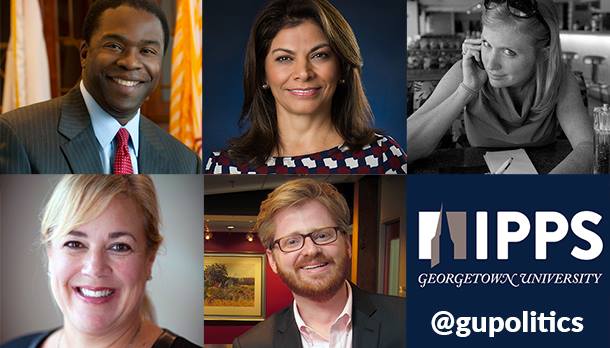
Spring 2016 Fellows / Photo: Institute of Politics and Public Service
For students looking to get involved with the Fellows, Student Strategy Team applications are open until Wednesday, Jan. 20, while the discussion group schedule is to be announced on Jan. 19.
Editor’s Note: This post has been updated to reflect that Chinchilla is a graduate of the McCourt School of Public Policy.







One conservative out of five? Guess that’s better than none.